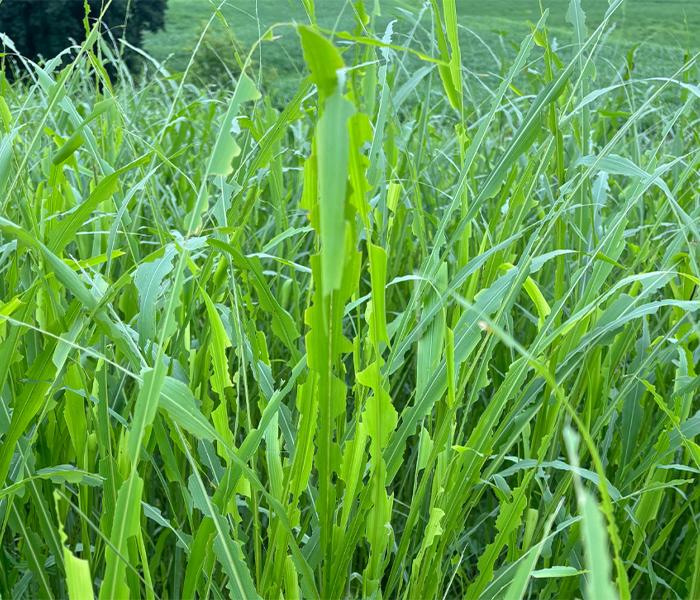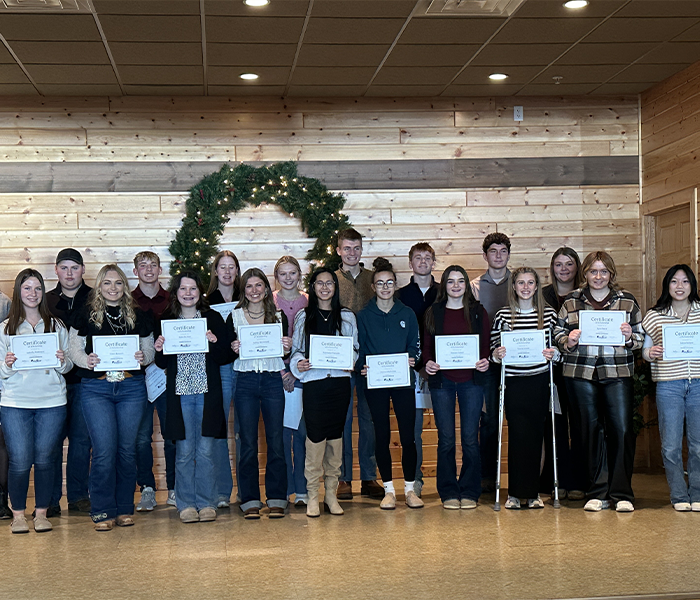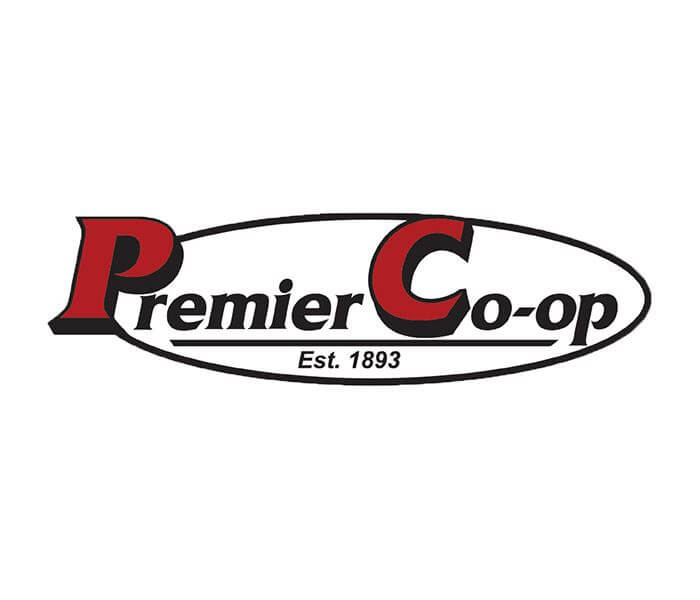Armyworm Activity on the Rise Across Southern Wisconsin
Farmers across southern Wisconsin are being urged to scout their fields following increased reports of true armyworm activity. Significant infestations have been confirmed in Grant, Iowa, Crawford, Dand Columbia, Jefferson, Dunn, and Taylor counties. Some fields—particulary those with grassy borders or weedy patches—are showing heavy feeding damage.
According to reports, larvae densities as high as 6–8 worms per square foot were found in crops like sorghum and sorghum-sudangrass near Highland and Steuben. In Dunn County, large clusters of armyworms were even seen migrating across roadways toward corn fields.
These outbreaks correspond with recent high moth trap counts from the Wisconsin DATCP True Armyworm Network. The current timing suggests the second generation of larvae may be establishing itself, increasing the threat to crops through early August.
What to Watch For
Scouting should begin immediately in fields with grassy weeds, grass waterways, or cereal crops. Larvae typically feed at night and may hide during the day, so sweep nets and visual checks at dusk or dawn are helpful.
Key treatment thresholds:
Spot treatments can be effective, especially with Pyrethroid insecticides (such as Arctic® or Grizzly Too®) paired with MasterLock® adjuvant in 15–20 gallons of water per acre.
However, insecticide use is not recommended if larvae are near pupation or are heavily parasitized—watch for signs of collapsing populations.
Stay Ahead of Damage
Unchecked armyworm feeding can rapidly defoliate crops and reduce yield potential. Premier Cooperative agronomists are available to help with field scouting, identification, and control strategies tailored to your operation.
Questions or need support in the field?
Reach out to your local Premier agronomy team today.
*This article was provided by Winfield United.



